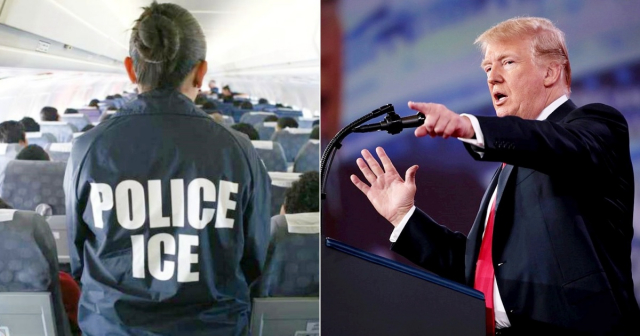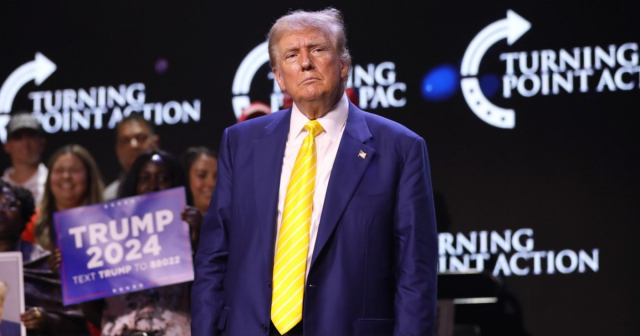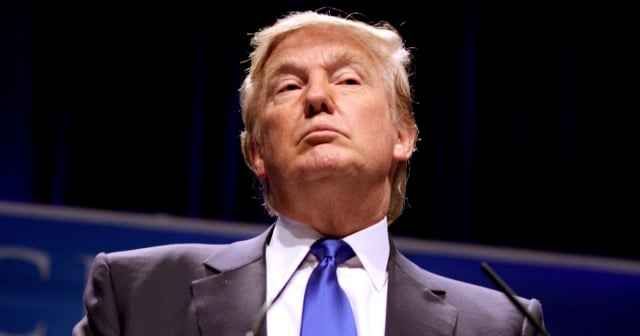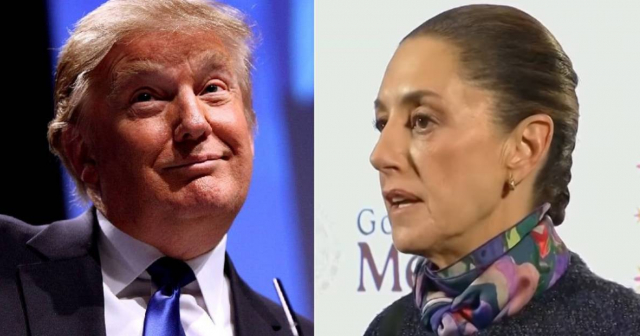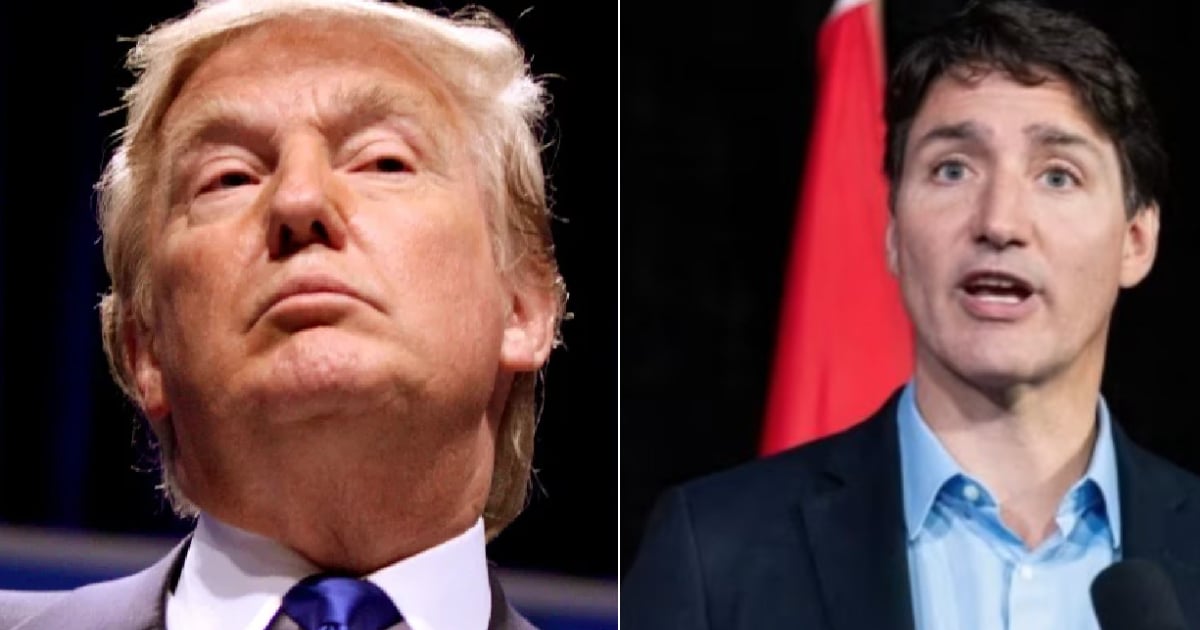
The elected president of the United States, Donald Trump, and the Canadian Prime Minister, Justin Trudeau, held a meeting at Mar-a-Lago, Florida, in an effort to address the rising trade tensions between the two countries.
Although Trudeau characterized the meeting as an "excellent conversation," he did not receive assurances that Trump would retract his threat to impose a 25% tariff on all products coming from Canada, according to the AP agency.
During the three-hour dinner, both leaders discussed highly relevant topics such as trade, the fentanyl crisis, energy, defense, the Arctic, and the situation in Ukraine.
Trump, through his Truth Social network, described the meeting as "productive" and emphasized the need to address the "devastation" caused by the drug epidemic, noting that Canada must collaborate to curb the flow of fentanyl coming from China.
Trudeau, for his part, emphasized that his priority is to protect Canadian workers and businesses from measures that could harm both Canada and American consumers.
He recalled that Canada and the United States successfully renegotiated the North American trade agreement (USMCA) during Trump's first term, describing it as a "win-win."
However, tariffs threaten to destabilize the trade relationship between the two countries, which amounts to 3.6 billion Canadian dollars daily in goods and services.
Canada, the primary export destination for 36 states in the United States, also supplies 60% of the crude oil and 85% of the electricity that its southern neighbor imports.
In a statement, Trudeau's office reiterated the importance of collaboration between the two countries: "As Canada's closest friend and ally, the United States is our key partner, and we are committed to working together in the interest of Canadians and Americans."
Según el citado medio de prensa, los analistas advierten que un incremento en los aranceles podría desencadenar represalias, como ocurrió en 2018 when Canada imposed tariffs in response to U.S. taxes on steel and aluminumIt seems like there is no text provided for translation. Please provide the text you would like me to translate.
Meanwhile, Trump's threat continues to create uncertainty at a critical moment for the Canadian economy, which relies on trade with the United States for 77% of its exports.
Days earlier, the President of Mexico, Claudia Sheinbaum, had another conversation with Trump, where they discussed issues related to migration, social programs, and trade relations in North America.
During a conference at the National Palace last Thursday, Sheinbaum stated that "there will be no potential tariff war."
Frequently Asked Questions about Trade Tensions between the United States and Canada
What were the main topics discussed by Trump and Trudeau?
During the meeting at Mar-a-Lago, Trump and Trudeau discussed trade, the fentanyl crisis, energy, defense, the Arctic, and the situation in Ukraine. These topics reflect the key areas of interest and concern for both countries, especially in the context of trade tensions.
Why is Trump threatening to impose a 25% tariff on Canada?
Trump proposes a 25% tariff on Canada due to his perception that the country is facilitating the transit of drugs and undocumented individuals into the United States. This measure aims to pressure Canada into cooperating to stop the flow of fentanyl from China.
What impact would the imposition of tariffs have on the trade relationship between the United States and Canada?
The imposition of tariffs could destabilize a trade relationship worth 3.6 billion Canadian dollars daily in goods and services. This could trigger retaliation from Canada, as occurred in 2018, affecting both countries.
How has Canada responded to Trump's tariff threat?
Trudeau emphasized the importance of protecting Canadian workers and businesses and recalled that Canada and the United States successfully renegotiated the North American trade agreement (USMCA) during Trump's first term. Canada aims to avoid measures that could harm both its country and American consumers.
What role does energy trade play in the relationship between the United States and Canada?
Canada is a key energy supplier for the United States, providing 60% of the crude oil and 85% of the electricity that its southern neighbor imports. Energy interdependence is a crucial factor in the bilateral relationship, and tariffs could negatively impact this exchange.
Filed under:

